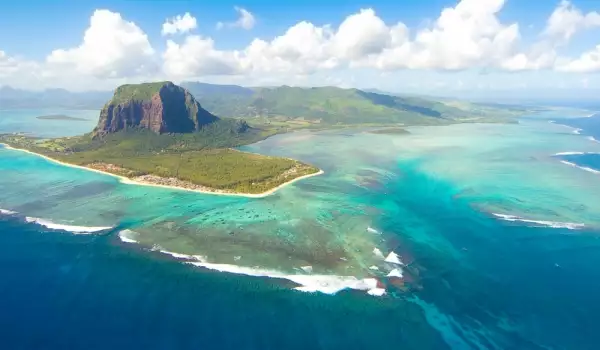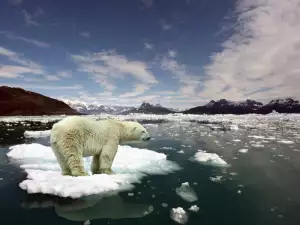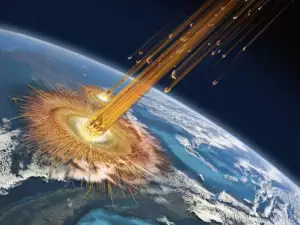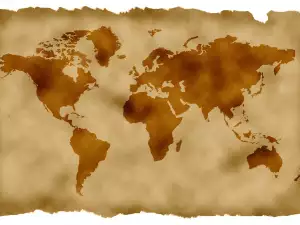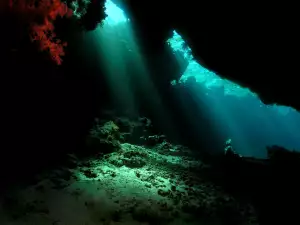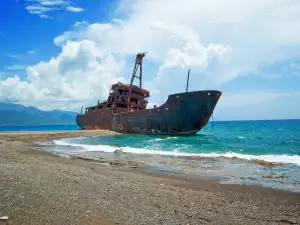The record paces, at which the world's oceans are acidifying, are only one of three factors that are a danger to it. It goes hand-in-hand with global warming and the decreasing levels of oxygen.
It has been recorded that even when the temperature of the atmosphere rises more slowly, as is happening in this century, the oceans continue to warm up. Because of this, many types of fish are forced to migrate toward the poles.
This may also lead to the very real risk of the disappearance of certain types of marine life. And the risks that threaten the oceans, and ecosystems that they support, are seriously underestimated.

Due to "carbon disturbance", we see acidity in the ocean waters. This is unprecedented in the history of the Earth.
The warming of the oceans is a consequence of the heat from the accumulated greenhouse gases in the atmosphere. On top of that we have all the wastewater, fertilizers and pollutants, which go directly to the oceans. They stimulate seaweed growth, which in turn decreases the oxygen levels in the water. Also, in the air, carbon dioxide can form a weak acid, when it reacts with seawater.
The dangerous combination of the three harmful processes - acidification, warming and decrease in oxygen, seriously affect the productivity and functions of the oceans, studies show. The threats to the oceans - from the effects of carbon to overfishing, complicate each other.
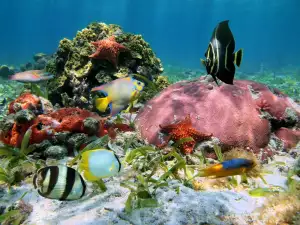
The current conditions in the oceans are very similar to those 55 million years ago. During that period, called the Paleocene-Eocene Thermal Maximum (PETM), there were massive extinctions of many animal species. Today, the rates of change are happening much faster, which means more significant consequences.
We are seeing impacts all over the world. For example, the increase of acidity endangers many aquatic organisms, which use calcium carbonate in the building of their skeletons.
Examples of these are reef-building corals, crabs, oysters and certain plankton, vitally important for marine food chains. There is a very real danger for corals to stop growing, if temperatures increase by 2 °C and can even begin to fall part with an increase of 3 °C.
All of these frightening findings show the need for an emergency plan of action. It must be composed with the aid of around 200 governments, which must reach an agreement by the end of 2015 for the limiting of the increase of the average temperature of the world to under 2 °C in comparison with preindustrial times.
